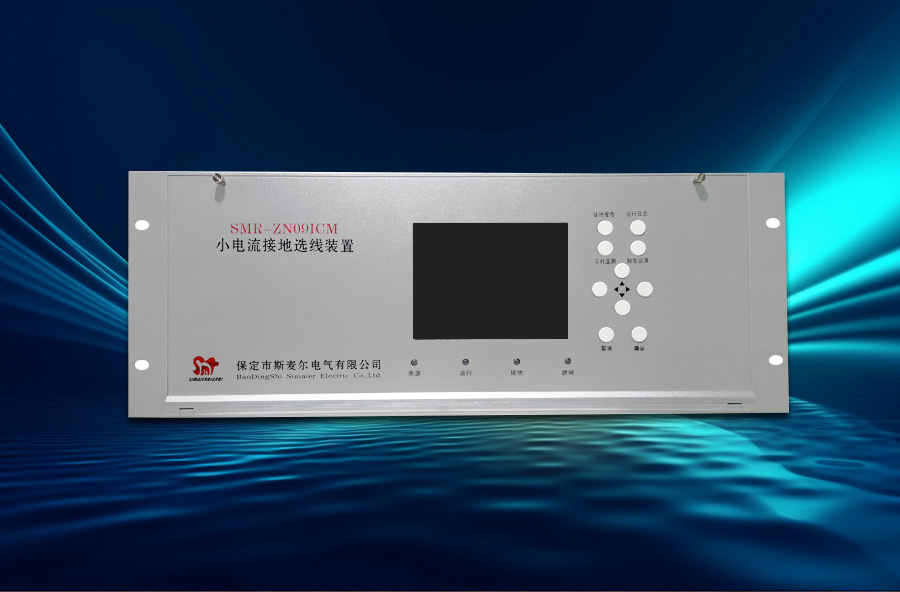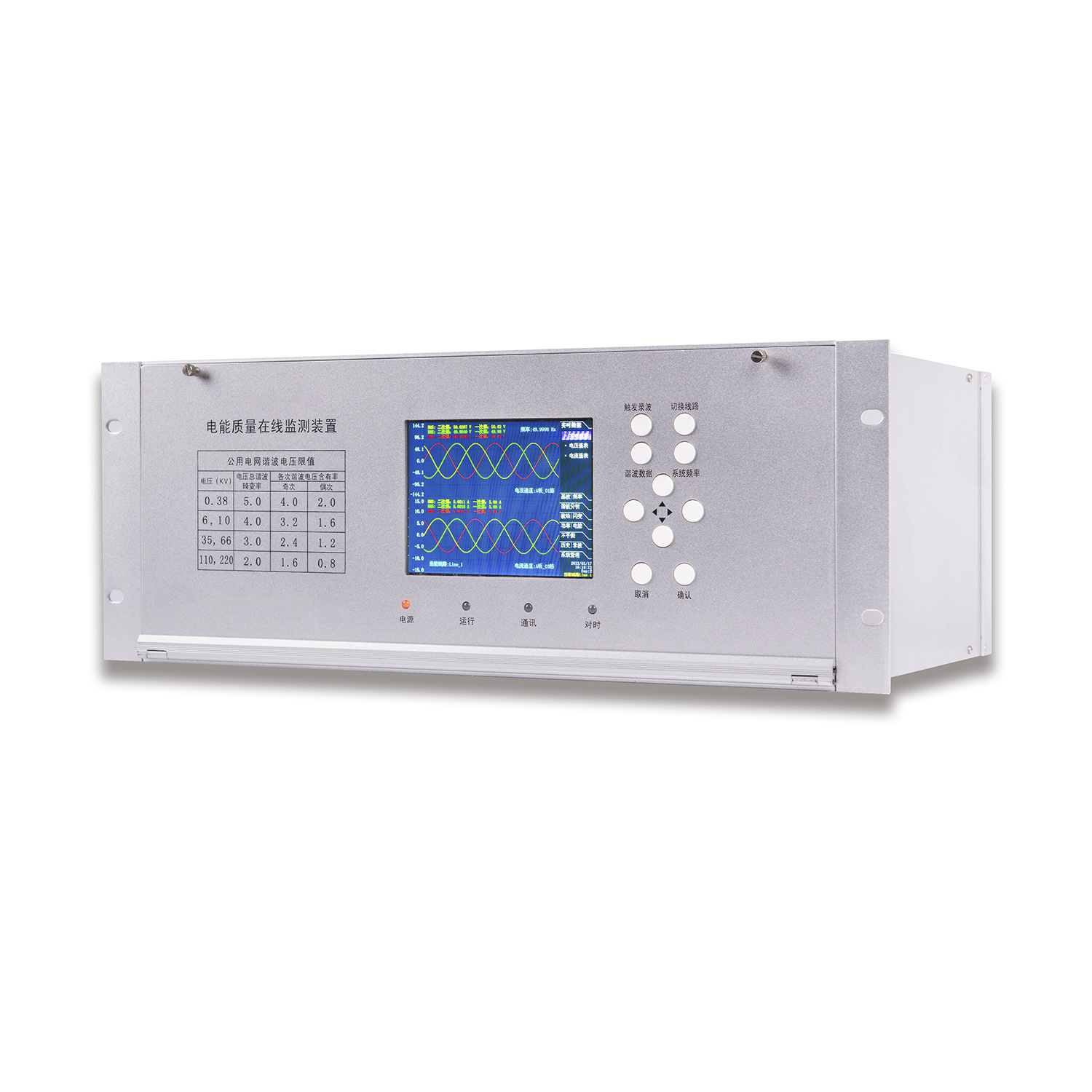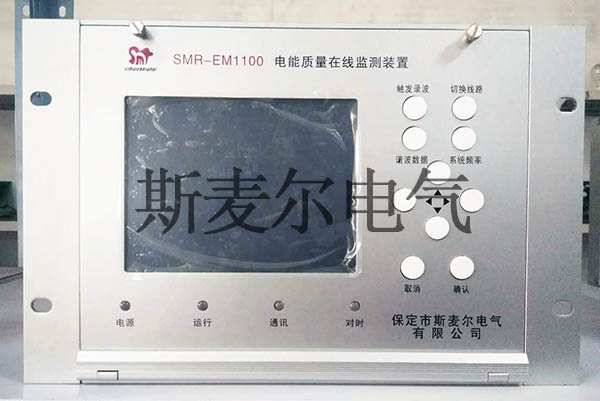Latest developments and application prospects of fault recording technology
Release time:
2025-07-18
In-depth exploration of the latest industry trends in fault logging technology and its application prospects in various fields.
In modern industry, equipment stability and safety are paramount, and fault recording technology is a key tool in ensuring this. With advancements in technology, fault recording technology is constantly evolving, becoming an important means of monitoring and diagnosis in various industries. Today, let's discuss the dynamics of this technology and its future applications.
Simply put, fault recording is a technology used to record and analyze data during equipment malfunctions. It can capture various electrical parameters of the equipment at the moment of failure, and by analyzing this data, engineers can quickly locate the cause of the failure and avoid greater losses.
In recent years, fault recording technology has undergone several significant technological innovations. First, with the popularization of Internet of Things (IoT) technology, fault recording equipment is becoming increasingly intelligent. Equipment can upload data to the cloud in real time, allowing engineers to perform fault analysis without having to be on-site. This convenience of remote monitoring greatly improves the efficiency of fault handling.
The application range of fault recording technology is very wide, covering industries from power, petroleum, and chemical to transportation. For example, in the power industry, fault recording equipment is widely used in substations to ensure the safe and stable operation of the power grid. In the petroleum industry, timely fault detection can avoid costly downtime losses and ensure production continuity.
Looking to the future, fault recording technology will continue to develop. With the advent of 5G technology, data transmission speeds will be faster, and the real-time performance and accuracy of fault recording will be further improved. In addition, more intelligent analytical tools will continue to emerge, making fault detection and handling more efficient.
In short, fault recording technology is playing an increasingly important role in modern industry. Through continuous technological innovation, it will help various industries improve the reliability and safety of their equipment. In the future, we look forward to seeing more companies leverage this technology to drive industry development and progress.
Keyword:
Recent information
The main factors of insufficient selection principle for small current grounding.











